Euromonitor report: How will Covid-19 change consumer focus in retail?
25 Jun 2020The global pandemic that arrived this spring has upended the food and beverage market for both manufacturers and consumers in unpredictable ways. In a new report from Euromonitor, the market research firm looked at the future state of the FMCG sector and how the events of the last few months will have lasting effects on consumer purchasing habits.
In its white paper, Euromonitor predicted that sustainability, home cooking, e-commerce and healthy eating will become the driving trends behind consumer purchasing behavior as the world enters the “new normal.”
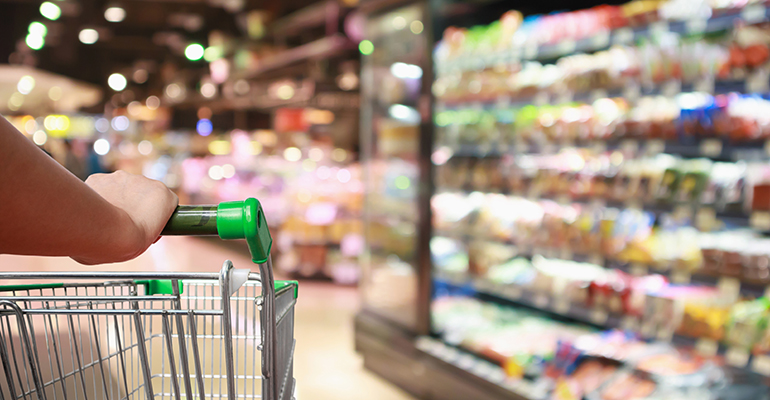
While sustainability will remain important for consumers, food waste, animal welfare and food security will be brought to the forefront while prior concerns around packaging sustainability and sustainable sourcing take a back seat. This shift is occurring in tandem with Euromonitor’s other observation that the rapid movement to e-commerce and direct-to-consumer delivery is accelerating and package-heavy meal kits have seen a surge in popularity.
At the same time that these preferences are altering, Euromonitor predicts that food that is considered healthy is ripe to be redefined as limited mobility contributes to more sedentary lifestyles that demand a new balance between exercise and nutrition. Furthermore, premium products will see a bump in popularity as consumers attempt to recreate the restaurant experience at home and happiness becomes a tangible commercial prospect.
While the consumer packaged goods industry anticipates that it will return to normal in most cases, the economic fallout from COVID-19 has left many consumers with diminished discretionary spending capabilities that have forced them to reconsider their shopping habits. Euromonitor expects per capita global consumer expenditure to decline by approximately 5% and the global economy to enter the worst recession since the Great Depression. Food innovation lab Mattson found in a survey from the end of April that 49% of consumers surveyed will be hunting for products with good value. Euromonitor data echoed consumer interest in bargain brands but noted that well-positioned premium products will also have a place in the market going forward.
Confinement has also widely contributed to a resurgence in cooking from home. With limited access to foodservice, home cooking has become the norm and has contributed to a strong demand for innovative products in retail. Mattson showed food and beverage manufacturers are expected to emerge from this crisis in a better position than previously thought due to continued consumer appetite for innovative products. Consumers will largely be searching for innovative products that feature nods to nostalgia and commitments to plant-based health, according to the Euromonitor report.
E-commerce has unsurprisingly seen a jump in popularity. By March, a survey from Brick Meets Click and ShopperKit found that 31% of households in the United States did their grocery shopping online in the prior 30-day period – that is nearly double what was recorded last August. Not only that, but the survey indicated that 43% of respondents will continue ordering groceries online going forward. Euromonitor supported this finding calling the pandemic a “turning point” for e-commerce. This has been especially true for the meal kits sector where the Wall Street Journal reported revenue has doubled in the last year after slipping downward in the initial pre-pandemic months of 2020.
These trends will continue to play out over the coming months as consumers, retailers and manufacturers adjust to the “new normal” and wait to see how the pandemic continues to progress.
Related news

Plastic packaging reduction requires industry rethink
6 Jan 2023
The food and beverage sector is calling for industry-wide collaboration and business model updates to reduce the environmental impact of plastic packaging.
Read more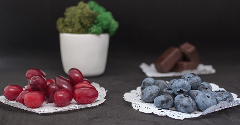
Misleading nutrition claims mask true sugar levels in baby food
5 Jan 2023
Some baby and toddler food and drink products, sweetened with fruit concentrate, contain up to four teaspoons of sugar per serving yet are marketed as having ‘no added sugar’, according to a survey by Action on Sugar.
Read more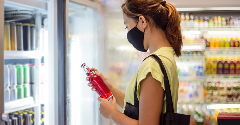
Asian beverage brands deal with rising costs
4 Jan 2023
Decreasing bottle sizes or increasing prices? Asian beverage brands are finding “creative approaches” to manage rising costs, according to industry analysts.
Read more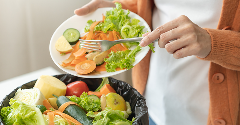
Preserving the freshness of food to fight waste
3 Jan 2023
Several companies are producing products that absorb ethylene, the hormone that causes food to ripen, in attempt to reduce food waste.
Read more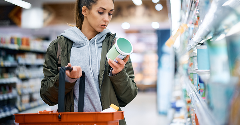
Value-seeking US consumers cut back on food spending
2 Jan 2023
Cheaper items, smaller sizes, and shorter grocery lists: inflationary effects coupled with a global long-term recession are set to continue shaping food spending habits, according to a recent Rabobank report.
Read more
Opportunities grow for lower-caffeine coffee
23 Dec 2022
Many consumers want the mental focus of caffeine without the jitters, prompting a wave of product development such as “half caffeine” ground coffee or ready-to-drink (RTD) cold brew blended with relaxing botanicals.
Read more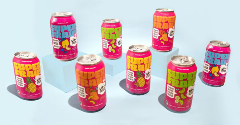
Superfrau upcycles liquid whey for energy drinks
22 Dec 2022
US company Superfrau turns surplus whey into sustainable, upcycled-certified dairy products for the recovery drinks market.
Read more
Malaysian brand Nanka brings jackfruit range to Europe
21 Dec 2022
Malaysian brand Nanka is expanding to new Asian and European markets with its fast and ready-to-eat plant-based products based on jackfruit.
Read more
Is the UK on target to meet its 2025 Plastics Pact?
20 Dec 2022
Major food industry players, including Arla, Kerry, PepsiCo and TerraCycle, have signed the UK’s voluntary Plastic Pact to reduce plastic from the supply chain – but are they on track to meet their targets?
Read more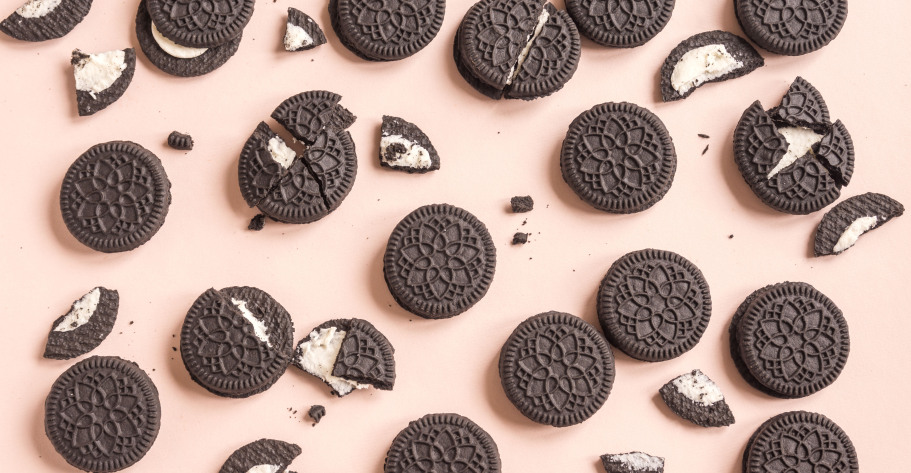
Ammonia emissions, Oreo cookies, and Olam
19 Dec 2022
Olam Food Ingredients (Ofi) and Mondelēz are under fire for using ammonium carbonate, an authorised food additive, in cocoa and Oreo cookies - but the accusations stem from greater concerns over industrial emissions of toxic ammonia and nitrogen oxide ...
Read more